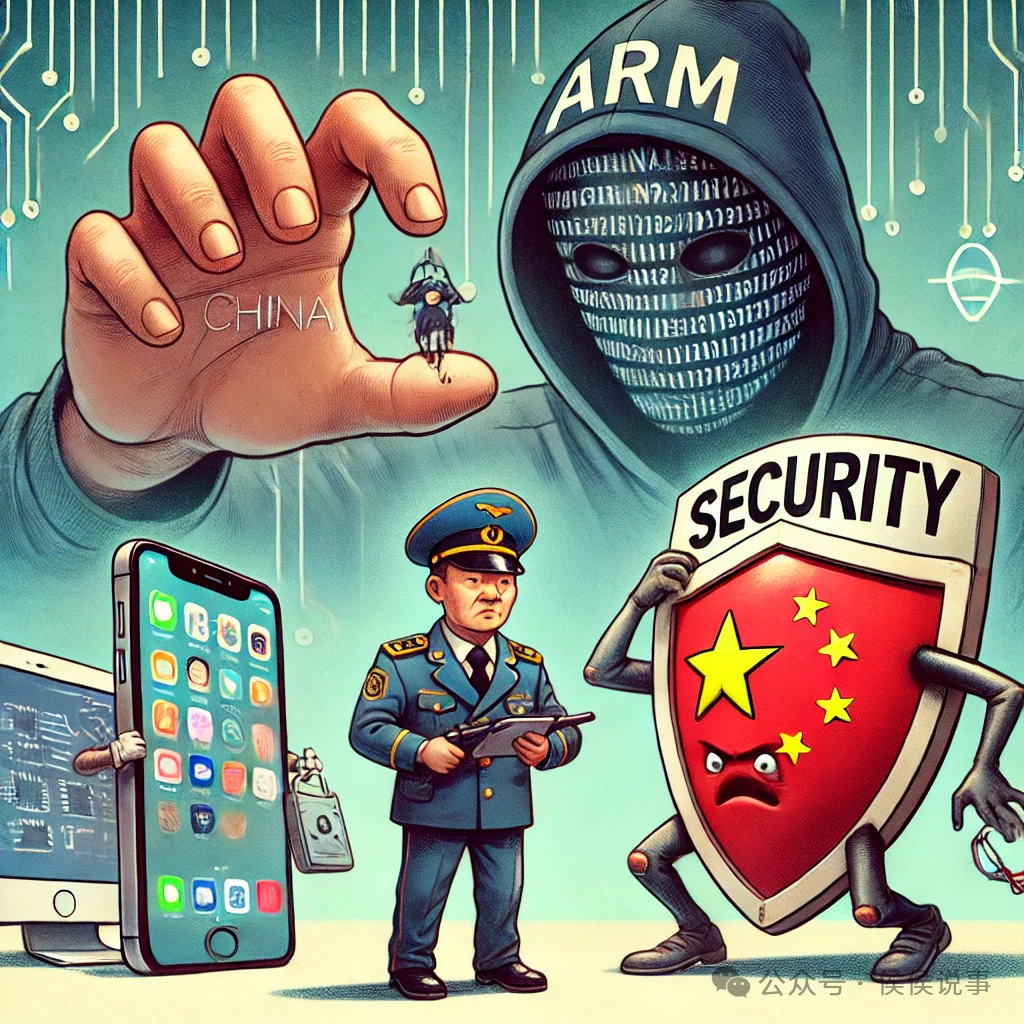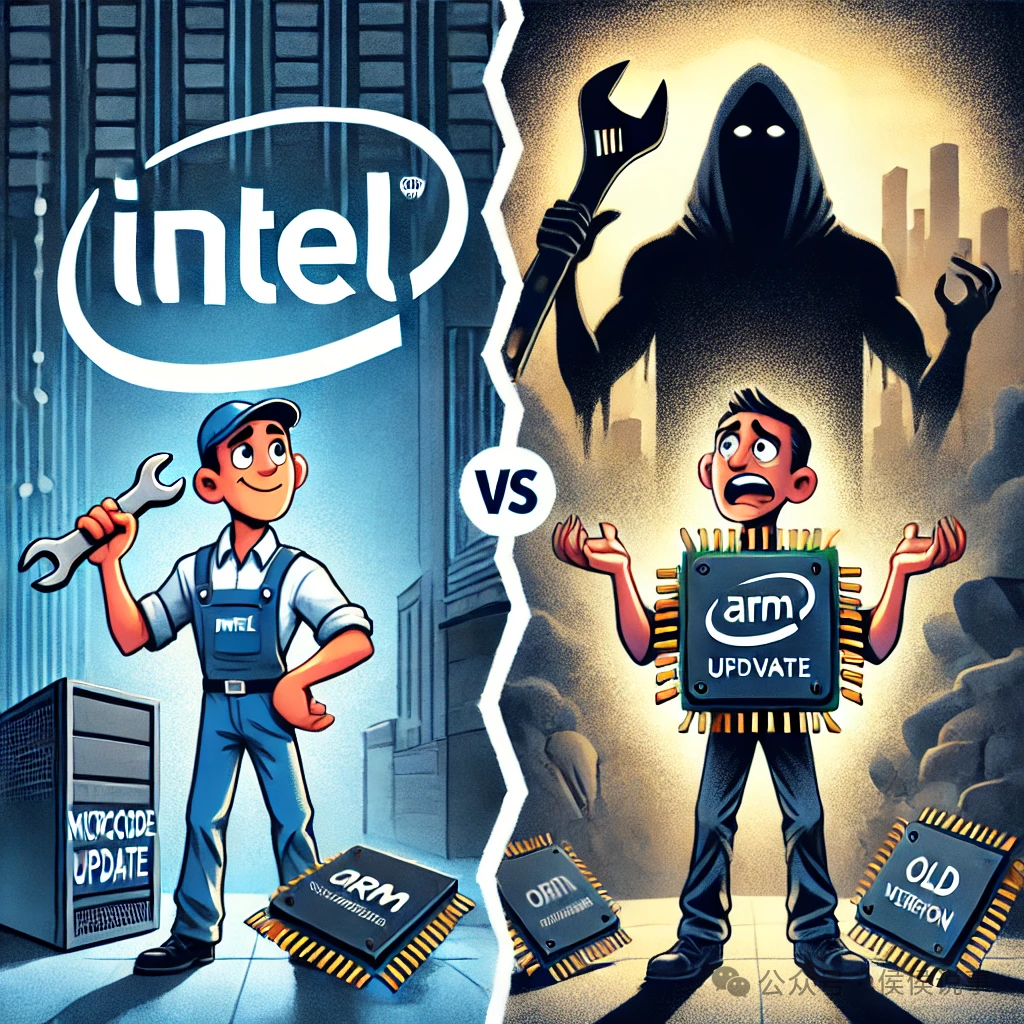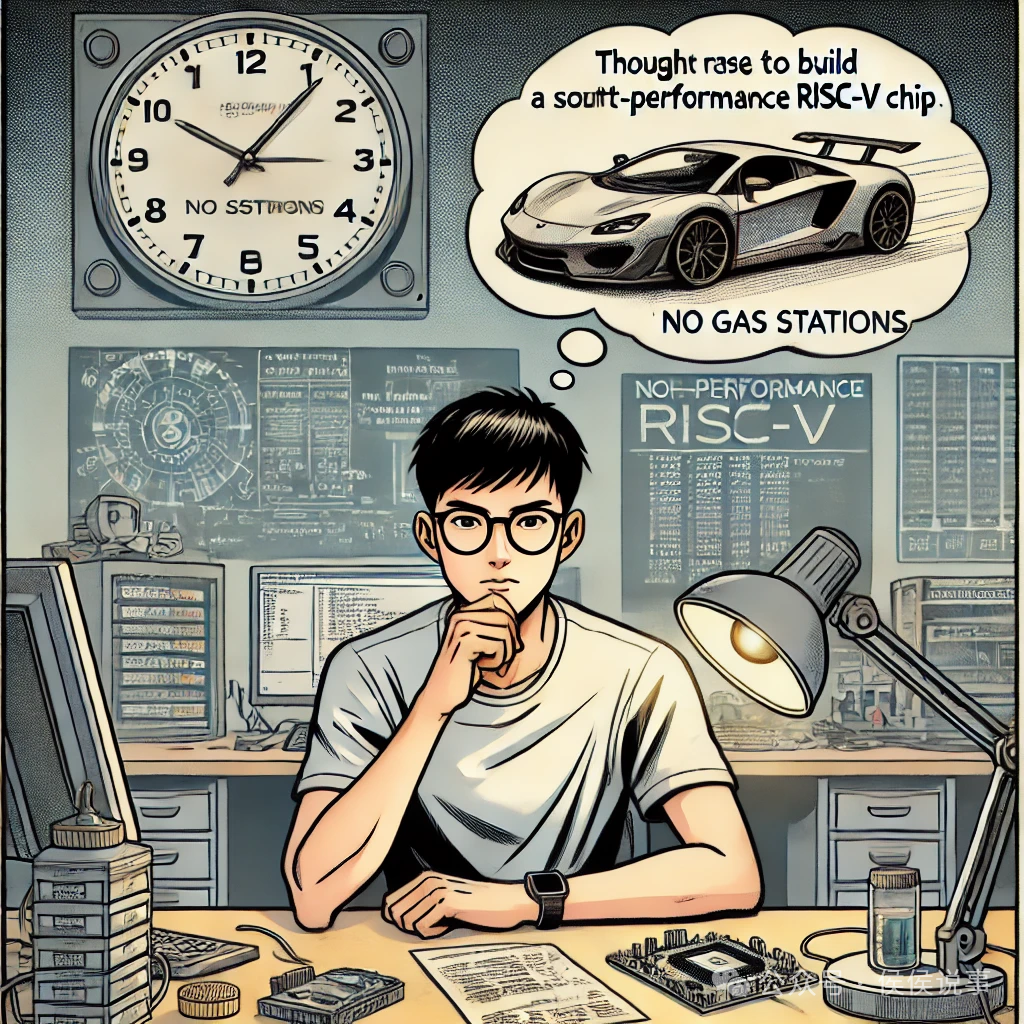Have you ever thought that the mobile phones, computers, and even bank servers you use every day might be exposed to hackers? Just last month, Samsung and a South Korean university tore away the last veil of ARM chip security—the so-called “absolute security” memory protection mechanism was pierced like paper in their hands. Even more frightening is that our domestic chips like Huawei Kunpeng and Feiteng have no chance to patch the vulnerabilities!
This issue stems from ARM’s “technological colonialism.” Despite contributing 38% of ARM’s revenue each year, they hold the instruction set like a chokehold on our necks. In 2022, ARM suddenly cut off the V9 licensing to China, locking our domestic chips to the V8 version. It’s like everyone else is using 5G phones while we are still patching up our 3G phones. The MTE vulnerability that was exploited can still be patched on chips supporting V9, but our domestic chips? They don’t even have the qualification to be attacked!

Speaking of which, we must mention the “Meltdown” vulnerability from 2018. The hardware-level vulnerability exposed in Intel chips left global servers exposed. But Intel released a microcode update within three days, while our ARM chips? They don’t even have their own instruction set, making it impossible to fix. Last year, a financial institution’s server was hacked, and the hacker exploited the UnTrustZone vulnerability to steal customer data as if they were strolling through their own backyard. Investigations later revealed that this vulnerability had already been patched in ARM’s latest architecture, but our chips are still stuck on the old version, helpless.
Now you understand why the U.S. can sanction Huawei at will, right? When ARM cut off supplies in 2021, Huawei’s mobile business was directly halved. This isn’t just business; it’s clearly a knife held to our necks! Look at the lessons from neighboring Russia; when SWIFT was cut off, even ATMs became scrap metal. If ARM were to pull such a stunt again, would our government systems, power dispatch, and financial transactions collapse collectively? Just thinking about it sends chills down my spine.
However, there is still hope. The “Xiangshan” RISC-V chip developed by the Chinese Academy of Sciences can already outperform ARM’s A76, and Loongson’s LoongArch is fully autonomous from the instruction set to the operating system. Recently, a provincial government cloud quietly switched to Loongson; although they initially had to rewrite printer drivers, it now runs even smoother than before. The most satisfying part is that these domestic chips are not afraid of sanctions—source code is available on GitHub, so go ahead and cut off supplies!

But building an ecosystem cannot be rushed. Back in the day, Windows defeated the domestic Red Flag Linux precisely because of thousands of software ecosystems. Now our RISC-V chips have improved performance, but the compatible software is still less than a third of ARM’s. An acquaintance working on AI chips complained to me that their chip benchmarks crush NVIDIA’s, but when clients ask, “Can it run TensorFlow?” they fall silent. It’s like building a supercar but finding out there are no suitable gas stations nationwide.
If we want to break the deadlock, we need to learn from the approach of the “Two Bombs, One Satellite” era. It’s not about letting companies fight alone, but rather mobilizing national strength to build the ecosystem. The recent establishment of the RISC-V open-source fund by the state is a good sign; I heard Huawei donated the core code of the Ark compiler. A team of post-90s I know is working on porting Android applications to the Loongson platform, and they say this work is even more thrilling than making chips—it’s like performing a heart transplant for the entire internet.
Looking at my five-year-old Huawei phone, I suddenly remember what Ren Zhengfei once said: “Buying core technology is like renting a house; the landlord can kick you out at any time.” Now that ARM’s “technological enclave” is about to collapse, will we continue to be tenants paying rent, or will we build our own houses? Don’t forget, fifteen years ago, China’s high-speed rail also relied on foreign technology, and now? It’s being exported back to Germany!

Finally, let me ask you: If starting tomorrow, all domestic phones must switch to RISC-V chips, would you be willing to endure half a year of software incompatibility? To be honest, I might also complain, but I fear even more that ten years from now, our children will still have to look to foreigners for technology. What do you think? I look forward to your insights in the comments!